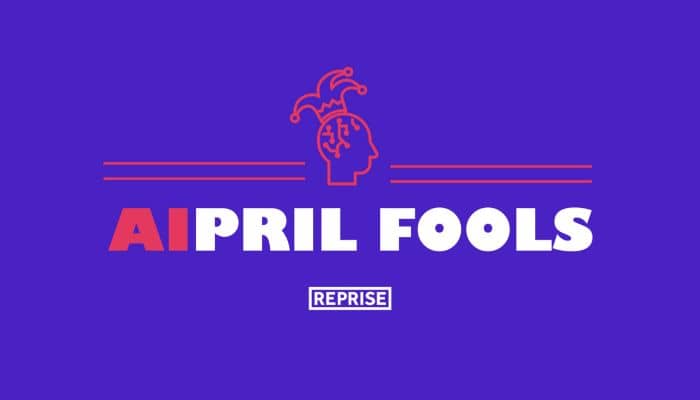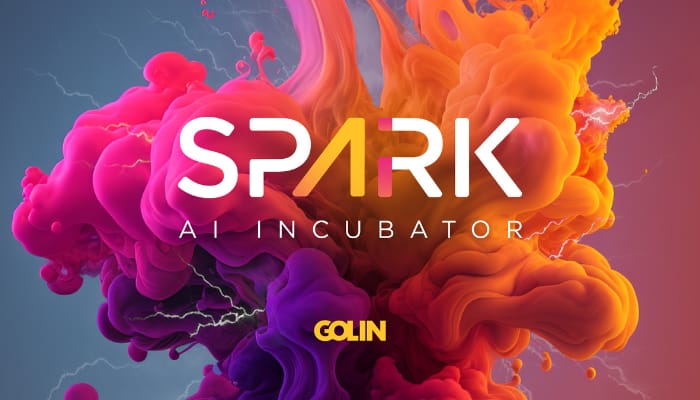Seattle, Washington – In addition to its artificial intelligence and machine learning-powered tools, global travel platform Expedia has announced the beta launch of its new in-app travel planning experience powered by AI chatbot ChatGPT.
With the new feature, Expedia members can now start an open-ended conversation in the Expedia app and get recommendations on places to go, where to stay, how to get around, and what to see and do based on the chat.
The new trip planning experience also brings in intelligent shopping by automatically saving hotels discussed in the conversation to a “trip” in the app, helping members stay organised and making it easier for them to start choosing dates, checking availability, and adding on flights, cars or activities.
Prior to this, Expedia built a plugin for ChatGPT that lets travellers start a conversation directly on the ChatGPT site and select the Expedia plugin to bring a trip to life, but the conversational trip planning is now brought directly in the Expedia app.
“Every great trip can be made or lost while planning and shopping. As the leader in travel tech, Expedia continues to build out the core operating system for the industry, constantly enhancing capabilities and making trip planning faster, simpler and even more informative,” said Peter Kern, vice chairman and CEO of Expedia Group.
Kern also mentioned that by integrating ChatGPT into the Expedia app and combining it with its other AI-based shopping capabilities such as hotel comparison, price tracking for flights and trip collaboration tools, the platform can now offer travellers an even more intuitive way to build their ‘perfect trip’.
This collaboration with OpenAI is currently in the beta testing phase, allowing Expedia to evolve the experience based on its app users’ feedback and interaction.
The conversational trip planning beta experience is rolling out globally in the English language on the Expedia iOS app.










